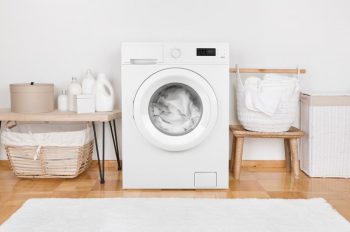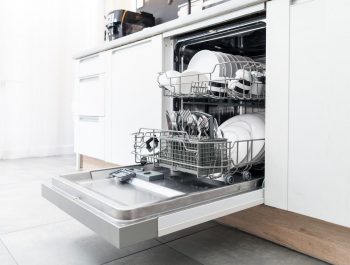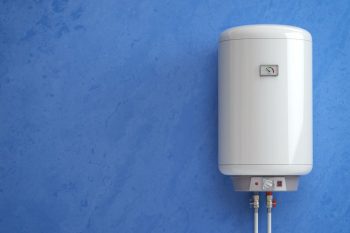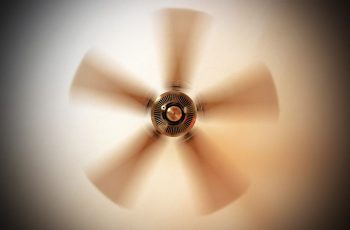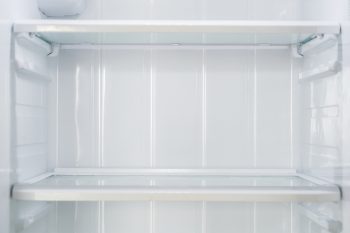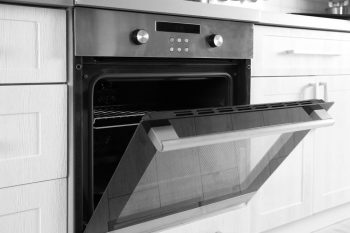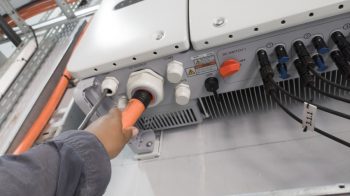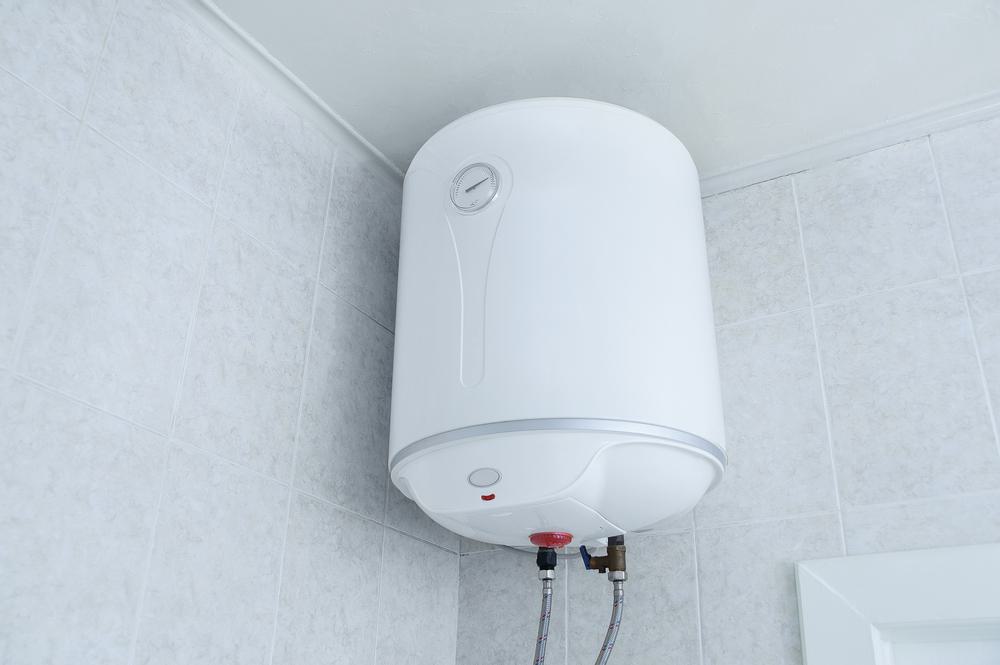
In the everyday hustle and bustle of life, hot water is a necessity. Whether it’s for a shower, doing the dishes, or washing clothes, hot water is a commodity we can’t do without. But what happens when you run out of hot water? How long does it take for your water heater to heat back up?
This comprehensive guide will provide you with all the information you need to understand the dynamics of your water heater and its recovery time.
The time it takes for a water heater to heat back up depends on several factors such as its type, size, and the energy source used. On average, gas tank water heaters take about 30-40 minutes, electric tank water heaters take 60-80 minutes, propane storage tank water heaters take 30-40 minutes, and tankless water heaters (both propane and electric) provide almost instantaneous hot water. These times can vary based on factors like the heater’s condition, insulation, temperature settings, and the external environment.
Water Heater Recovery Time
The recovery time of a water heater is the time it takes to heat the water back up after it has been completely used. The recovery time depends on factors such as the type of water heater, its capacity, and the energy source used.
On average, here are the recovery times for different types of water heaters:
- Gas tank water heater: 30-40 minutes
- Electric tank water heater: 60-80 minutes
- Propane storage tank water heater: 30-40 minutes
- Propane tankless water heater: Instantaneous
- Electric tankless water heater: Almost instantaneous, often less than 20 seconds
These times are approximate and can vary depending on other factors, which we will discuss in detail later on.
Factors Influencing Water Heater Recovery Time
Energy Source
The type of energy used by the water heater, such as electricity, propane, or natural gas, can affect the recovery time. Electric water heaters generally take longer to heat up compared to gas water heaters.
Water Heater Size
The size of the water heater, including its tank capacity, can impact the time it takes to heat the water. Larger models require more energy and more time to heat up.
Temperature Settings
Higher temperature settings lead to a faster warm-up than lower settings.
Insulation
Proper insulation can reduce standby heat losses and improve the recovery time of a water heater.
Heater Condition
The age and condition of the water heater can also affect its recovery time. Mineral build-up, a defective thermostat, or a lack of insulation can slow down the heating process.
Recovery Rate
The recovery rate is the amount of hot water the water heater is capable of providing in a given period of time. It depends on factors such as the wattage of the heating element, temperature rise, and the time frame for measuring the recovery rate.
Effect of Cold Weather on Heating Time
Cold weather can influence the heating time of a water heater. The pipes, tank, and home environment will also be colder during cold weather, which can cause the water heater to lose heat more quickly, requiring more energy and time to heat the water.
How Age and Condition Affect Heating Time
As a water heater ages, it becomes less efficient due to factors such as sediment buildup, corrosion, and component deterioration. Regular maintenance and inspections can help prolong the life of a water heater and maintain its efficiency.
Speeding Up the Heating Process
There are several ways to speed up the heating process in a water heater including insulating the water heater tank and pipes, lowering the thermostat setting, installing a water heater booster, using a tankless water heater with a recirculation pump, flushing the water heater regularly, and regular maintenance.
Safety Measures
When dealing with a water heater that is not heating up quickly, it is essential to take some safety measures before attempting any troubleshooting or repairs. These include turning off the power, releasing pressure, draining some water, testing wires, checking the thermostat, maintaining proper ventilation, and keeping the area clean.
In conclusion, the time it takes for a water heater to heat back up depends on various factors such as the type, size, and power source of the water heater, as well as external conditions like cold weather. By understanding these factors and implementing the right measures, you can ensure your water heater works efficiently and provides hot water when needed.
Frequently Asked Questions
What is the typical lifespan of a water heater?
The typical lifespan of a water heater is around 8 to 12 years. However, this can vary based on the type of water heater, the quality of the unit, its installation, and how well it’s maintained.
How often should I flush my water heater?
It’s recommended to flush your water heater at least once a year. Regular flushing can help prevent sediment buildup, which can affect the efficiency and lifespan of the unit.
What is a water heater booster?
A water heater booster is a device that can be added to a traditional tank water heater to increase its capacity. It works by heating stored water to a higher temperature and then mixing it with cold water to the desired temperature as it comes out. This process increases the amount of available hot water.
What is a tankless water heater?
A tankless water heater, also known as an on-demand water heater, heats water only when it’s needed. Unlike traditional tank water heaters that store and heat water in a tank, tankless water heaters heat water directly without the use of a storage tank.
How can I tell if my water heater is failing?
Some signs that your water heater may be failing include fluctuating temperatures, rust-colored water, a decline in water quality, unusual noises, leaks around the water heater, and a decrease in hot water supply.

